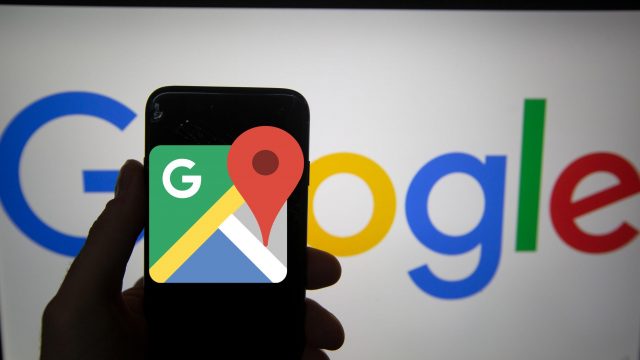Google is being sued by the state of Indiana, Texas, and Washington DC over the deceptive practices related to location data collection. According to reports, it is likely that Google may have violated some of the state laws designed to protect consumers.
What The Lawsuit Entails
It is owing to the 2018 reports of the news agency The Associated Press (AP), that the lawsuit is based on.
According to the report, Google continued to collect user location with the Web and App Activity feature, even if the user specifically turned off location tracking on their phone. Google was forced to update its policy on location tracking owing to the reports which stated,
“The lawsuit by the District of Columbia cited internal Google discussions in which employees said its location history disclosures were definitely confusing and that account settings appeared designed to create the illusion of user control.”

The lawsuit also targets Google’s user privacy settings, calling them confusing and conflicting.
This is not Google’s first rodeo of being sued for such claims. In 2020 Arizona had filed a similar complaint against the tech Giant owing to location tracking, with the argument that the search giant made it obligatory for the users to share the location.
How Does Google Collect Location Data?
On most Android or iOS phones, if you sign in to your Google account, be it Gmail or Google Maps, location data is collected from the device.
A user’s Google account also has some privacy settings, which can be accessed by going to the manage your account page.
In the Data and Privacy segment, there is an option for History settings. The options listed there are Web and App Activity, Location History, and YouTube History. Users have the option of turning off these and Google will technically not be able to collect that data and store it for your account.
If it is turned off, Google says “the device locations will not be automatically saved to your Location History.” It also adds that any “previous activity is not deleted from your Location History. “
A user has to manually delete it from the settings.
However, this does not change the settings for other location services on a device, like Google Location Services, Location Sharing, and Find My Device.
But some location data may continue to be saved in other settings like Web and App Activity, as part of your use like other services – Search and Maps, even after you turn off Location History.
This data would then be collected by Google owing to other services.
Hence, Google will still be able to collect some of the data even if the Location History is turned off. And this the lawsuit argues is confusing users, and is a deceptive tactic.
Read More: Times When Google Maps Messed Up, Led To Major Mishaps
The Drawback Of Google Collecting Location Data
According to the DC Lawsuit, the most sensitive thing when a consumer is going online is their location data and even a limited amount collected over time is capable of exposing a person’s identity and routines.
The lawsuit states,
“Location can also be used to infer personal details such as political or religious affiliation, sexual orientation, income, health status or participation in support groups, as well as major life events such as marriage, divorce and the birth if children.”
It further argues that such data in the hands of Google is powerful because then the company can monitor consumers’ daily lives, especially since so many depend on the company and its products on a daily basis. This data gives insights about the consumers thereby making it easy to sell advertising “targeted” to them.
The lawsuit also reports that Google has financial motives at stake given the billions of dollars in advertising, thereby making it more difficult for users to opt-out of location tracking.
According to the lawsuit, it has been filed,
“to correct the deceptive and unfair practices that Google has used to obtain location data of a consumer and to ensure that customers are able to understand and control the extent to which their location data is accessed, stored and used, and monetized by the company.”
However a Google spokesperson said,
“The lawsuits are based on inaccurate claims and outdated assertions about our settings.”
To put an end to the allegations Google came forward and stated,
“We have always built privacy features into our products and provided robust controls for location data.”
That being said, Google is the most common and used search engine throughout the world. If Google becomes an unsafe platform then it’s difficult to say how dangerous and hopeless it would prove for the common man.
Disclaimer: This article is fact-checked
Image Sources: Google Images
Sources: Indian Express, BBC, CNBC
Find the Blogger: @Rishita51265603
This post is tagged under Google, sued, lawsuit, location tracking, three states, not first rodeo, deceptive tactics, advertising, consumer-targeted commercials, Arizona, DC lawsuit, dangerous, revelation of personal data
More Recommendations:
Ever Wondered How Apps Like WhatsApp and Google Maps Earn Money?




































